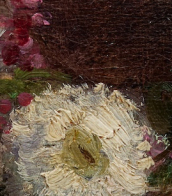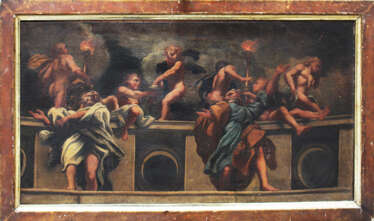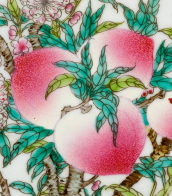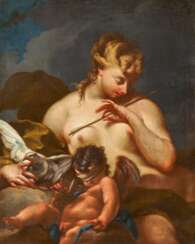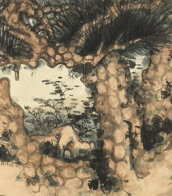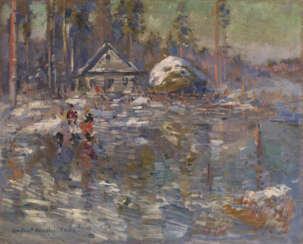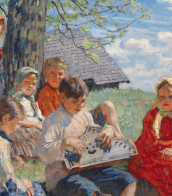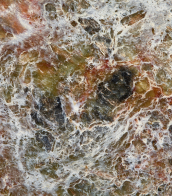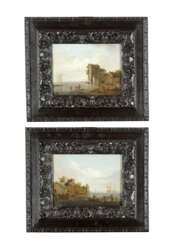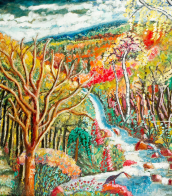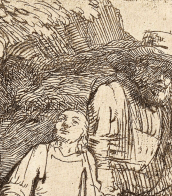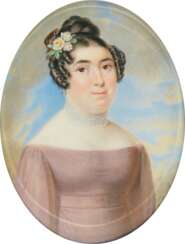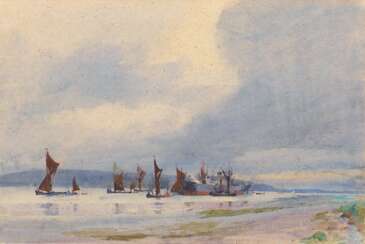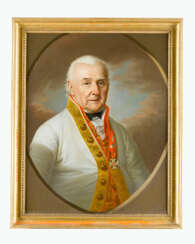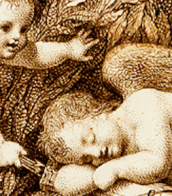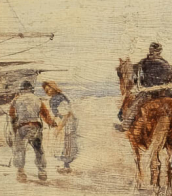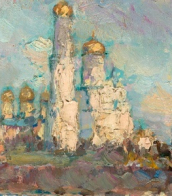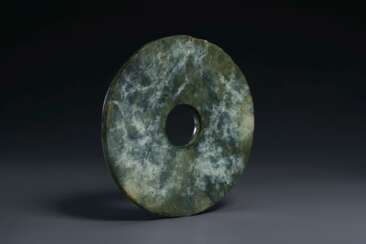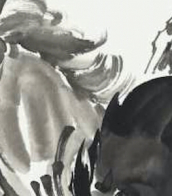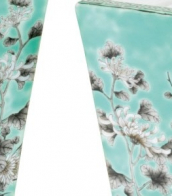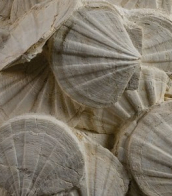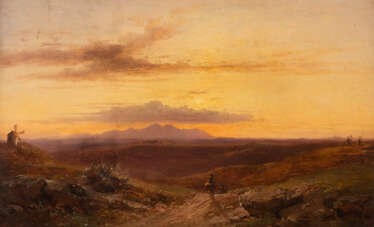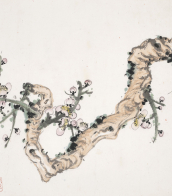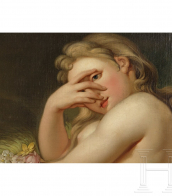cloudy

Giambattista Pittoni, an illustrious Venetian painter from the 18th century, was renowned for his religious, historical, and mythological artworks. His style, once established, remained consistent throughout his career, characterized by fluency and expressive theatricality, making his paintings timeless within the Venetian art scene. Despite being less traveled compared to his contemporaries, Pittoni received numerous international commissions, particularly from Germany, reflecting his widespread acclaim.
Giambattista Pittoni's works include altarpieces for various churches across Italy and notable commissions from European royalty and aristocracy. His patrons included Augustus II of Poland, Clemens August of Bavaria, and Philip V of Spain, showcasing his significant influence beyond Italian borders. His artistic journey was influenced by early interactions with Venetian painters like Sebastiano Ricci and later by the Rococo style, evident in his sophisticated and elegant use of color.
Giambattista Pittoni's legacy is evident in various collections, including the National Gallery, London, and the Gallerie dell'Accademia in Venice, which houses a collection of his preparatory studies. As a founding member and later president of the Venice Academy, his contributions to the art world were substantial, leaving an enduring impact on the Venetian art scene and beyond.
For those interested in delving deeper into the world of Venetian art and exploring Giambattista Pittoni's exquisite works, consider signing up for updates on exhibitions, sales, and auctions featuring his art. This will provide enthusiasts and collectors with the latest information and opportunities to engage with Pittoni's enduring artistic legacy.





